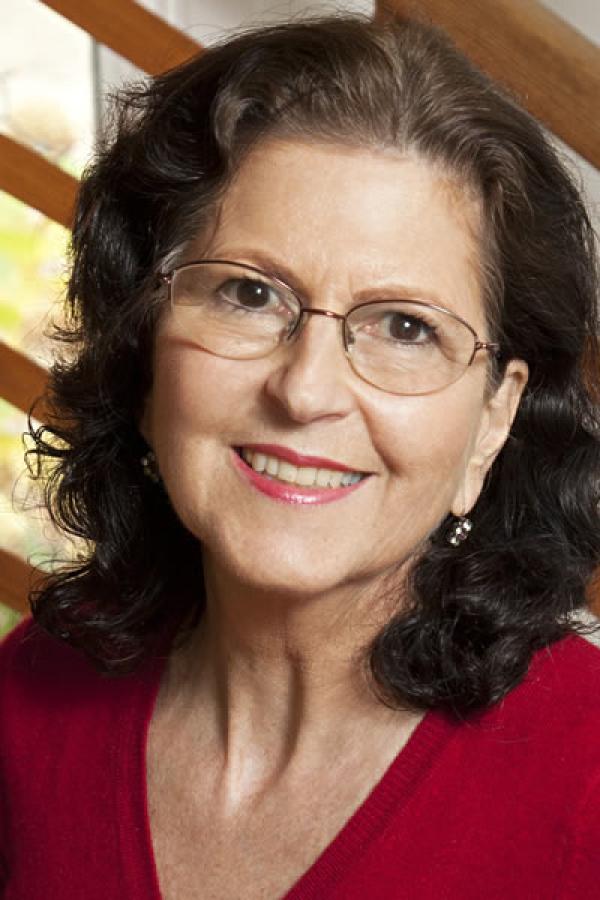Armine Kotin Mortimer

Photo courtesy of Armine Kotin Mortimer
Bio
Armine Kotin Mortimer translates literary fiction and nonfiction from French, with a particular focus on contemporary authors. A retired professor of French literature, she holds the rank of Chevalier dans l’ordre des Palmes académiques, an honor awarded in recognition of her distinguished work on behalf of French culture. She holds a PhD from Yale University and is the author of numerous scholarly publications, including seven books. Since retirement, she has published translations of three books, The Enchanted Clock by Julia Kristeva and Mysterious Mozart and Casanova the Irresistible by Philippe Sollers. Excerpts from 13 other literary translations have appeared in 3:AM Magazine, the Brooklyn Rail, the Cossack Review, Asymptote, Black Sun Lit, the Peacock Journal, the Critical Flame, the Northwest Review, Reunion: The Dallas Review, Lunch Ticket, Transference, and AGNI.
Project Description
To support the translation from the French of the novel A Brilliant Future by Catherine Cusset. This novel follows the life of 65-year-old Elena Tiberescu, a Romanian who immigrates to the United States as a young woman. The novel alternates between the protagonist's childhood in communist Romania and her contemporary life in America, focusing on the parallels between her complex relationship with her parents and her fraught relationship with her daughter-in-law, Marie. Cusset (b. 1963) is the author of 13 novels, several of which have been awarded France's most prestigious prizes. Life of David Hockney and The Story of Jane are her only books available in English.
From experience, I have learned that an excellent translation begins with a keen, in-depth interpretation of the original, focusing especially on the author’s stylistic strategies, including the lexicon. I first seek to avoid betraying the author, but in every way my translation must sound like English. I work hard at translating so the reader who has no knowledge of French will be comfortable with good literary English style, a style that nevertheless is my author’s style in English. Innovative writing cannot and should not be rendered as ordinary, “copy-edited English;” rather, I try to craft a special language, in good English, that “channels” my author. This was the case in my translations of Julia Kristeva’s The Enchanted Clock and of two books by Philippe Sollers, a particularly innovative French writer whose prose poses constant challenges.
Winning the National Endowment for the Arts Fellowship in Translation has given me a renewed assurance of the validity and significance of my work. This fellowship, the most important support available for my chosen activity, demonstrates that colleagues who are skilled translators recognize I have the ability to continue to bring French literary works to the English-speaking public. At this point I am not an “emerging” translator, nor can I claim a long string of published translations yet, with three translated books in print. But my ambition is to make my skill in translation better known to editors and publishers who welcome foreign literature so I may publish more of the excellent works from French-speaking countries.

